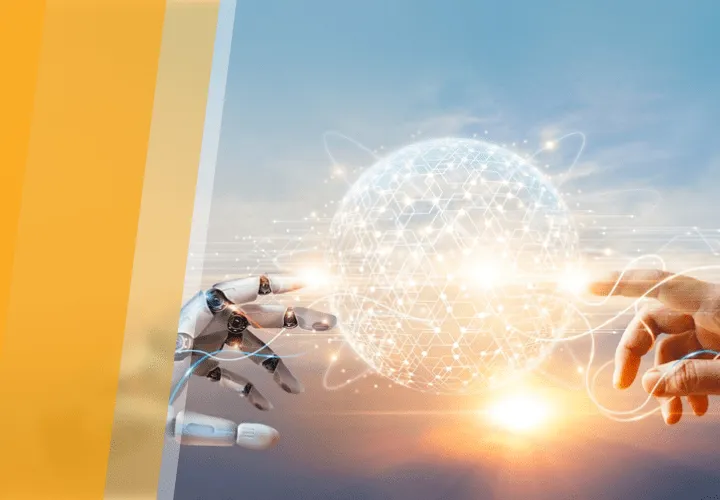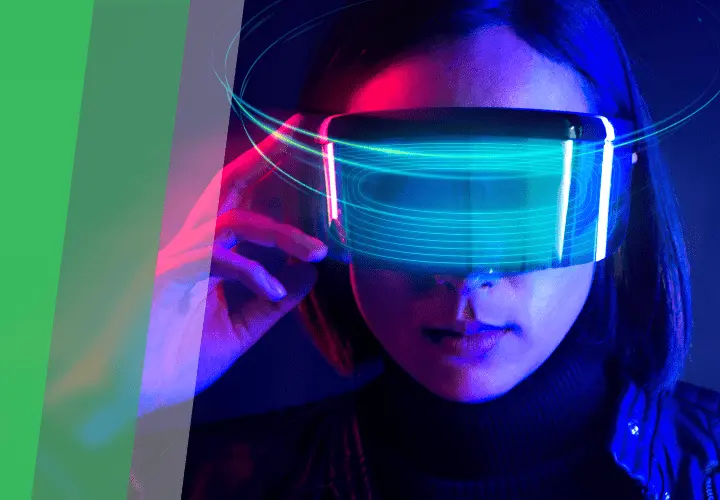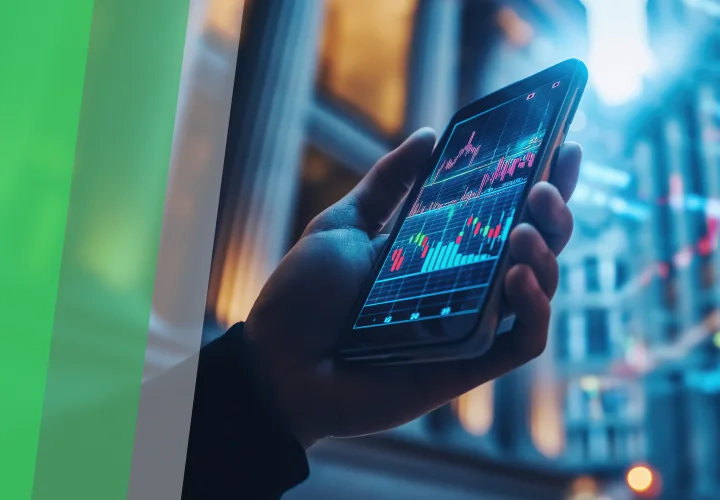It has always been hard to accurately predict yields in agriculture. The farming industry had to guess as much as 30-40% of field output for some plants. Almonds and grapes are the most difficult so far with huge rate of uncertainty in forecasts.
In 2016 we’ve seen a number of tech startups rise to the challenge, though. All of them offer a different approach to the problem.
Arable, for instance, tries to make a difference with a small team of 8 people. The startup raised $5.5M in July 2016 to develop and implement an in-field measurement sensor Pulsepod that takes data directly from the field – the amount of sunlight, rainfall, wind speed, humidity, pressure, and a dozen of other factors.
Arable sensors are powered by the sun and require little maintenance. That’s a lot of progress in just 3 years but the competition claims to have even better means to help the farmer.

With just the sun to power them on Arable sensors may soon become a common sight in farm fields.
Image credit: arable.com
Although the next startup focuses solely on grapes, the team behind the Fruition Sciences brand offers more than a single sensor. The company developed its own analytics software solution and integrated it with their Sap Flow and Physiocap sensors.
Fruition syncs and analyzes all available data to generate yield maps and forecast crop yields for the next season.
The most recent startup, Vinsight, does things a bit differently. Vinsight focuses on almonds and grapes – the hardest crops to analyze. The team decided to go a pure big data route.
Vinsight decided against installing sensors or weather stations. Instead their strong team of analytics collects data from growers, government agencies, and third-party companies and analyzes correlations. Amazingly, this method allowed Vinsight to improve forecast accuracy for almonds and grapes to 90%. Confirmed results state error rates as low as 7.9%.
This is leagues ahead from the industry standard of 40-60% accuracy and offers interesting possibilities to both farmers and market players.
Published on Mar 21, 2017





